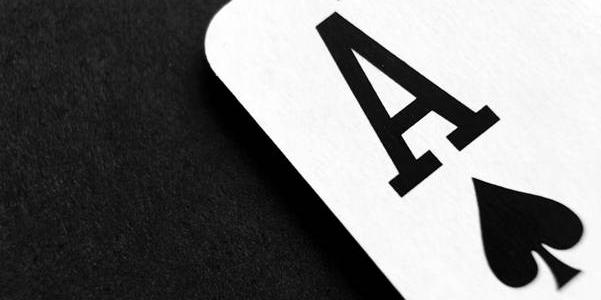Poker Bluffing Strategies and the Importance of Psychology
4 months ago

20 May
Poker is one of the most popular casino games, played throughout the world and found in many land-based casino establishments in stunning locations such as Las Vegas. Although poker is a social game, where people can gather with their friends, there are also elements of strategy and psychology that are fundamental to the game. In this context, let’s profile some of the best bluffing strategies while exploring the importance of psychology in poker.
The Popularity of Poker
While poker is commonly associated with Las Vegas, its roots can be traced back to the 16th century when a Persian card game called As Nas was invented. Even in these days, hand rankings and bluffing were central to the game's mechanics. From there, the game spread all across America, especially in the 20th century, when it became a popular pastime. Today, it’s possible to play poker in many regions in the world such as Canada from your mobile device,you can even check out a platform with a wide range of games that offers free spinson bonus.ca no wagering casino Canada. Tournaments and events dedicated to poker have also attracted more people to the game, with many young individuals hoping to pursue it as a professional career.
Best Poker Bluffing Strategies
Bluffing is crucial in poker because it allows players to control the pace of the game, potentially giving them an advantage. Bluffing is a psychological tactic where players try to convince their opponents that their hand is stronger or weaker than it actually is.The ability to bluff helps players build confidence in the game, which can be applied to other ares of their lives. If poker players haven’t mastered the art of bluffing, their playing style can become predictable to their opponents, allowing them to easily guess your next moves. This means you may have to withdraw from the game early, meaning you will miss out on opportunities in the game.
There are a wide range of different poker strategies that players can implement when playing poker. One of the most common poker bluffing tips is to re-raise before the flop more often with some hands.This is known as aggressive pre-flop bluffing. The idea is to make a big bet with hands that aren’t that strong, to trick your opponents into thinking you have a powerful hand. This forces them to fold weaker hands, letting you have a better chance of winning the pot without seeing the flop. It works best when you’re in a later position at the table, where you can control the action. However, it’s important to use this strategy wisely, as overdoing it can make you predictable.
The classic bluff is one of the most fundamental poker strategies, where a player bets aggressively despite holding a weak hand, with the intentionofconvincing their opponents that they have a stronger one. This tactic works best when facing cautious or skeptical players who have a tendency to fold under pressure, fearing that their own hands are no match for what they assume is your strong hand. A classic bluff can be effective in situations where the community cards seem to suggest you could be holding a powerful hand, like a flush or straight, even if you’re not. Timing, body language and reading your opponents’ tendencies are key to pulling off a successful classic bluff.
The Importance of Psychology in Poker
Unlike simple games like slots, there is a strong element of psychology in poker. Understanding your opponents’ behaviours, body language, and betting patterns can provide valuable information about the strength of their hands.Experienced players look for “tells" which are subtle physical or verbal cues that indicate whether an opponent is bluffing or holding a strong hand. Poker also requires a lot of emotional control because players who let frustration, excitement or fear guide their decisions often make mistakes. Instead of panicking throughout the game, it’s important to remain calm to prevent your opponents from taking advantage of your emotional weaknesses. You should also vary your playing style as the game progresses to keep your opponents guessing. Another good idea is to brush up on familiar poker terminology so that you’re more informed about what’s happening during the game.
Ultimately, poker has been a game present throughout American and world culture as well as the card gaming community. If you are playing poker for the first time, it’s important to be aware of how bluffing works, with several strategies such as re-raising before the flop helping you to gain leverage in the game. Knowing how to psychologically analyse body language and behaviours in a poker game can also help you gain an advantage over your opponents. So, the next time you sit down at a poker table with a pro, remember to apply these tips.







Comments
You need to be logged in to post a new comment